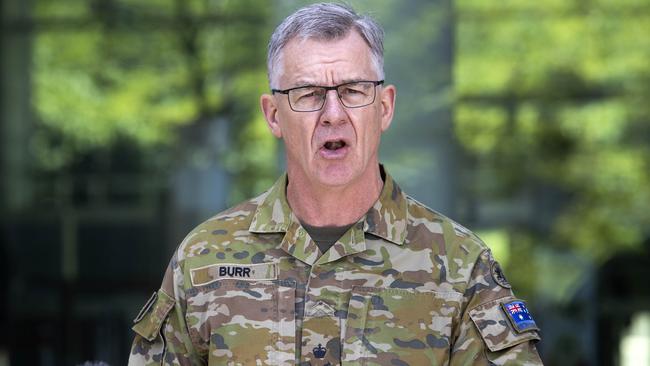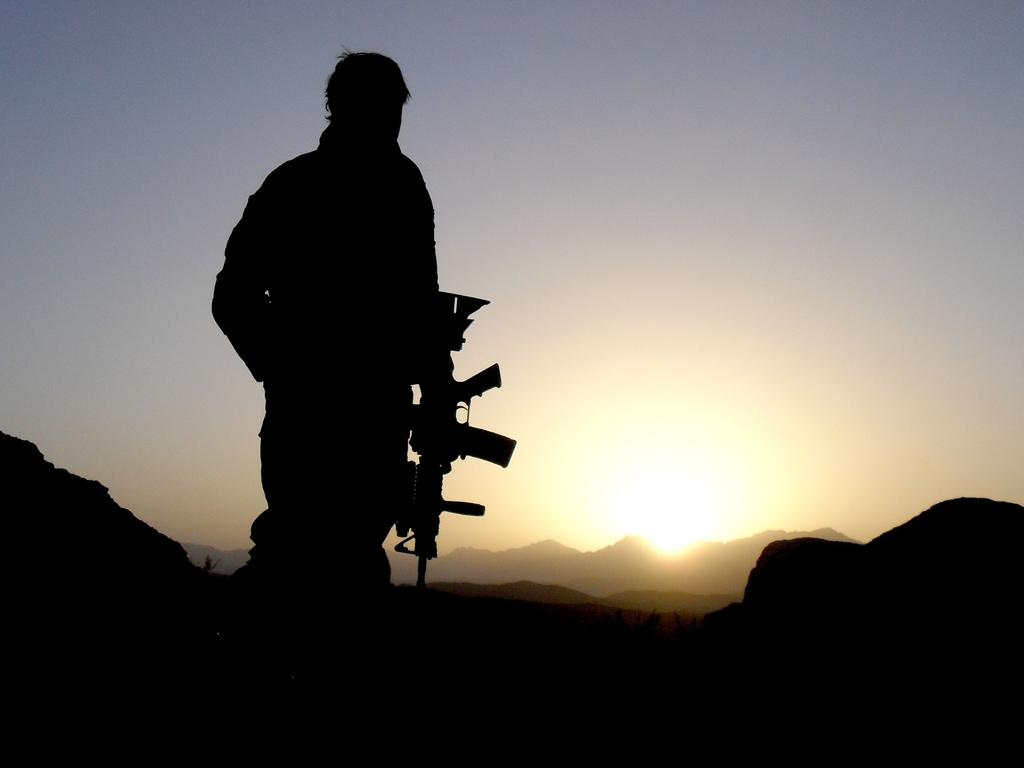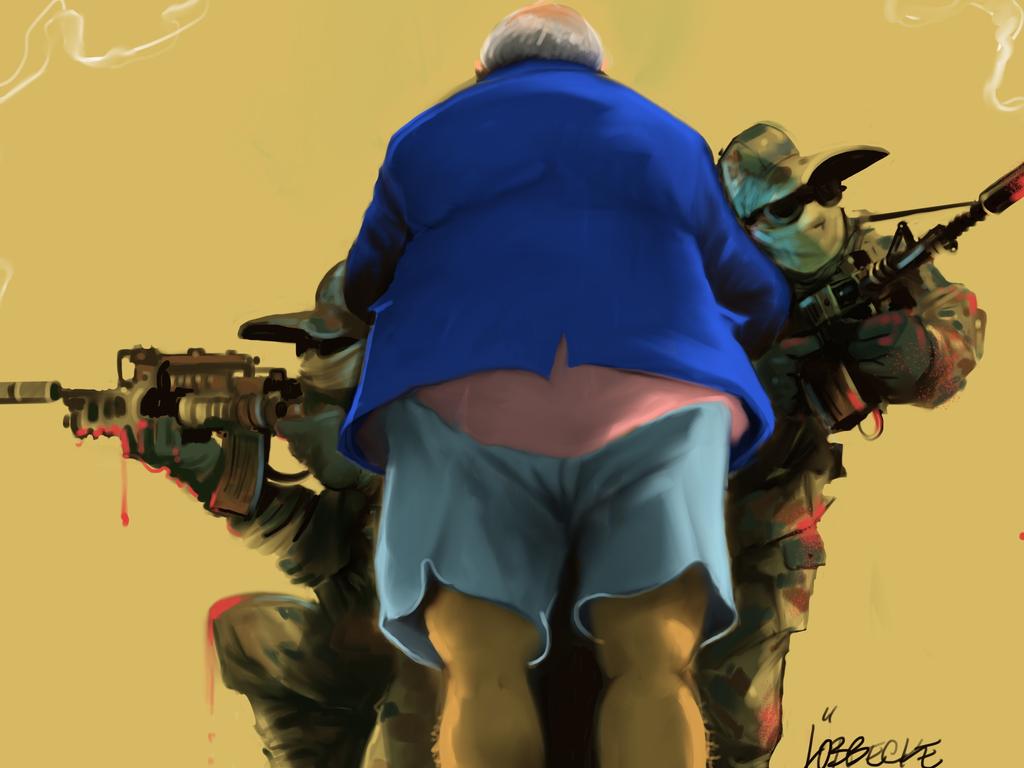Brereton war crimes report: Army Chief confirms 13 individuals issued with administrative action notices
Army Chief says referrals to special investigator office being considered, remains tight-lipped on actions against senior defence.

Chief of Army Rick Burr has said that 13 individuals have been issued administrative action notices in relation to the Afghanistan inquiry and batted away questions about actions that could be taken against senior defence leadership.
The Australian reported on Friday that at least 10 Special Air Service Regiment soldiers had been issued with termination notice as Defence moves to respond to the damning Brereton war crimes report.
The soldiers, from the Perth based regiment, received notices this week to “show cause” why they shouldn’t be sacked. The Australian understands that those affected by the administrative action are from the SASR’s now-disbanded 2 Squadron, and 3 Squadron.
Speaking in Canberra Lt-Gen Burr said that the Chief of Defence Angus Campbell was now considering referrals to the office of the special investigator -- a role which has yet to be filled.
He also said that he would do what was in his power as Chief of Army to “uphold Army’s values and professional standards.”
“Administrative action is a longstanding well established process within defence that ensures the rights of individuals to due process and fair hearing,” he said. “This process is well known to all in Army.”
“At this time, 13 individuals have been issued administrative action notices in relation to the Afghanistan inquiry.
“At this point in time, no individuals have separated from the Australian Defence Force.
“Administrative action includes receiving a notice proposing to terminate the individual’s service. The individual then has the opportunity to respond within a minimum of 14 days.
“The decision maker must consider any written response that the individuals provide before making a decision.
“Each matter and individual circumstance will be considered on a case-by-case basis.”
He said it was essential that privacy of individuals be respected and that “procedural fairness” was followed and that “no further comment be made until the process is complete.”
“It is critical that for any judicial, disciplinary or administrative action due procedural process must occur.”







